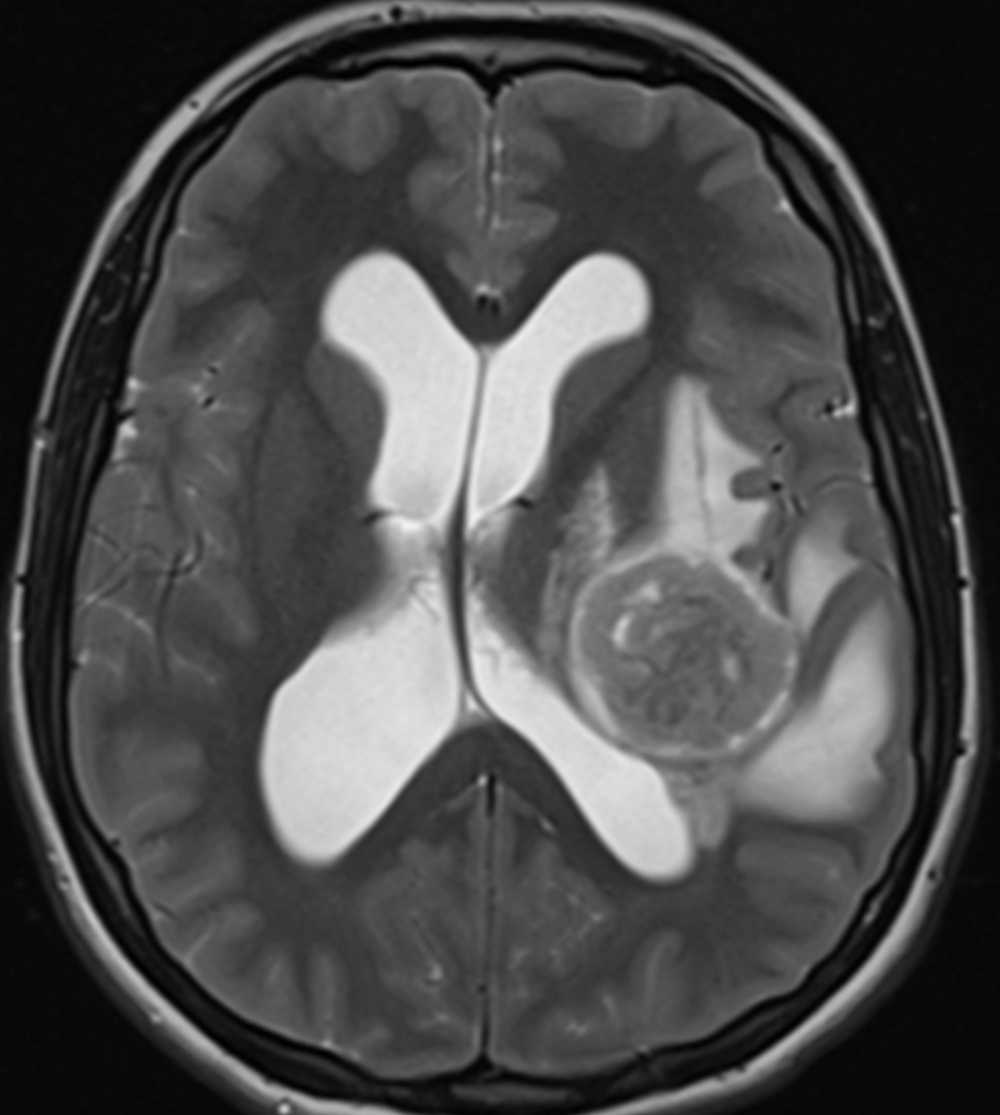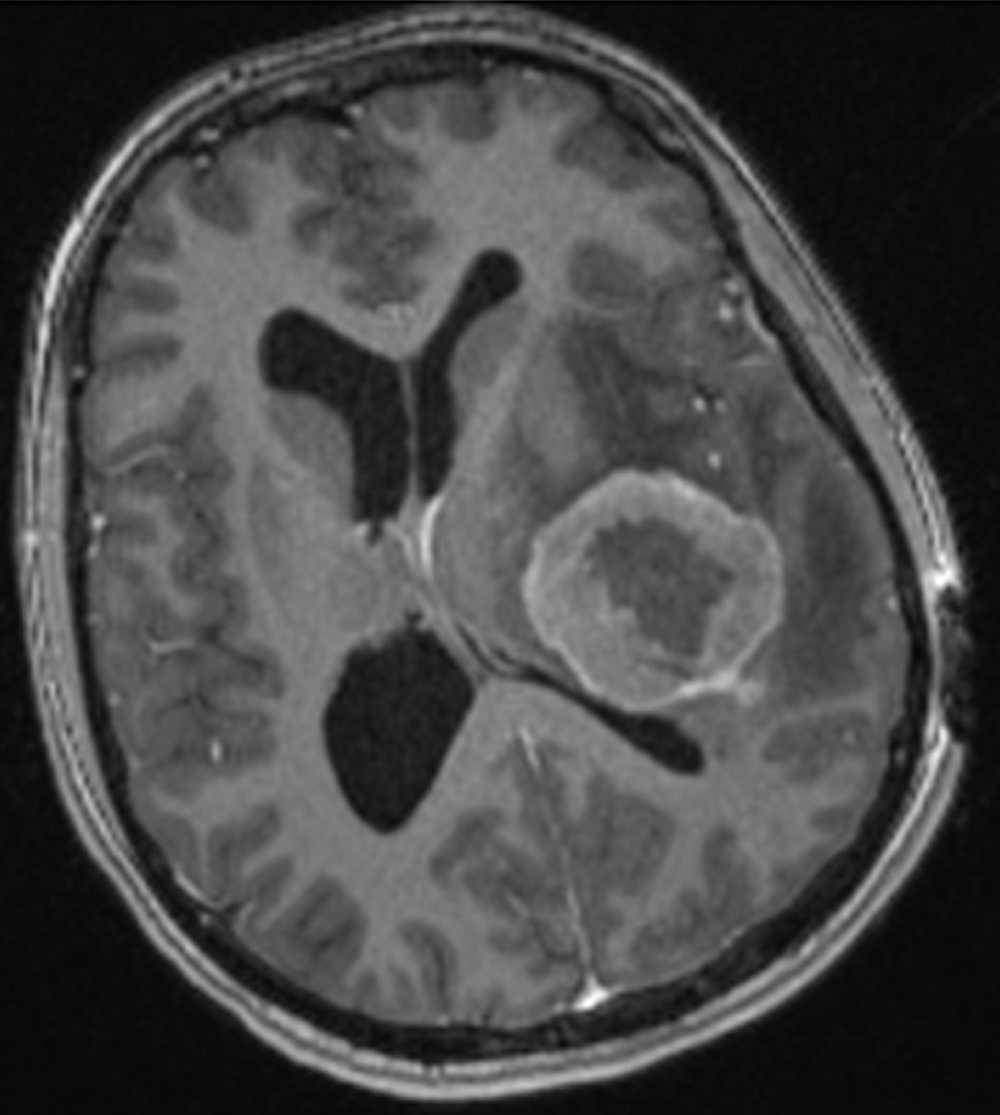Does an MRI help in detecting brain tumors?
Magnetic Resonance Imaging, commonly referred to as MRI, is a fairly common test that is used to diagnose a variety of health conditions. Doctors will most likely suggest an MRI when they need to analyze one or more parts of your body including the brain, chest, lungs, and spinal cord among others. Doctors often turn to an MRI test when an X-ray, CT scan or even an ultrasound is unable to provide clear images.
An MRI is heavily relied upon when it comes to diagnosing conditions related to the brain; it is used to study the condition of the brain or to even identify the underlying causes of dizziness, headaches and seizures.
In case of serious health issues, like brain tumors, MRI is one of the best available methods of diagnosis. A brain tumor, if it exists, will most likely, always show up in an MRI scan. It is a very specific and reliable report that allows your doctor to analyze the tumor and make a treatment plan accordingly.
What exactly is the science behind an MRI?
An MRI might seem like an complex procedure and some patients get nervous at the thought of undergoing an MRI. If one tries to understand the procedure and the simple, yet enamoring, science behind it, it will make things easier and quicker.
During an MRI, the patient is asked to lie inside a huge, strong magnet. This magnet produces a very strong magnetic field which makes the protons in the body to react and quickly align with the magnetic field. A radiofrequency current is released which stimulates the protons; when it is switched off, the protons again realign with the magnetic field. The energy released by these protons along with the time it takes for them to realign with the magnetic field depends on several factors in the body including the chemical composition of the molecules. It is these magnetic properties that are analyzed by a doctor to draw a conclusion and diagnose the patient’s health problem.
Often, during or before an MRI, an intravenous dose of contrast might be given to a patient. Itis basically a special dye called a contrast medium that increases the speed at which the protons react and align with the field. It is preferred by radiologists since the speed of the protons determines the brightness of the image produced – if energy particles align faster, the image will be brighter.
Role of MRI in Detecting Brain Tumors
MRI plays an important role in case of diagnosis of serious medical conditions like brain tumors. In case of brain tumors, the following types of MRIs may be used:
- Intravenous Gadolinium Enhanced MRI
- Functional MRI
There are different kinds of MRI scans that each serve a different purpose like detecting tumors, understanding how much blood is reaching the tumor, studying the cellular structure of the brain etc. They help doctors in preparing treatment programs, planning for surgeries and analyzing the effectiveness of treatment given. Your doctor will recommend a suitable MRI test based on your medical case.



